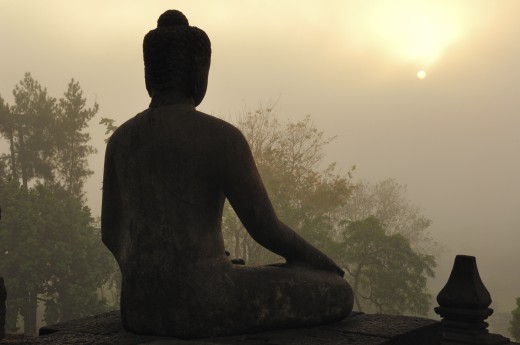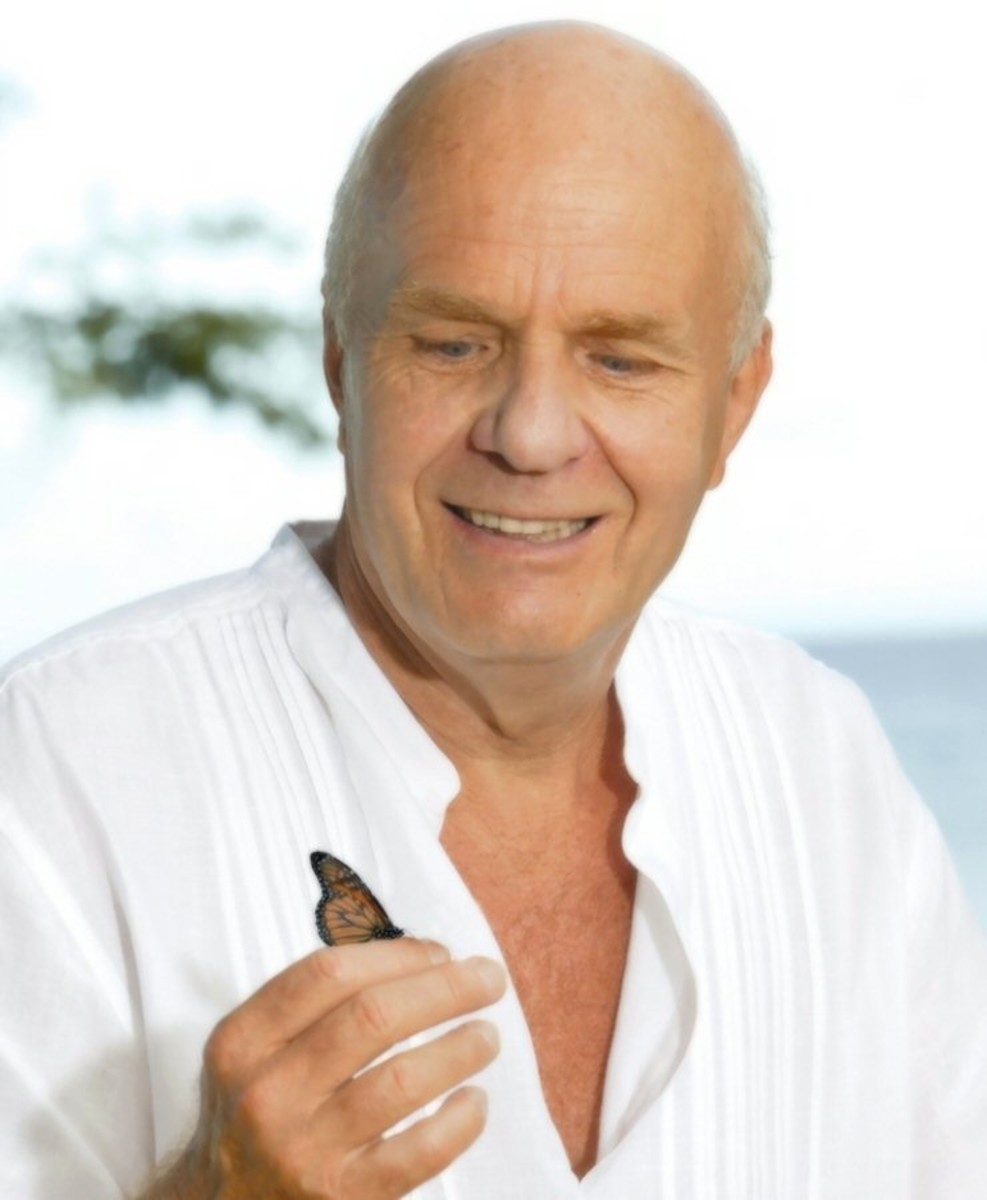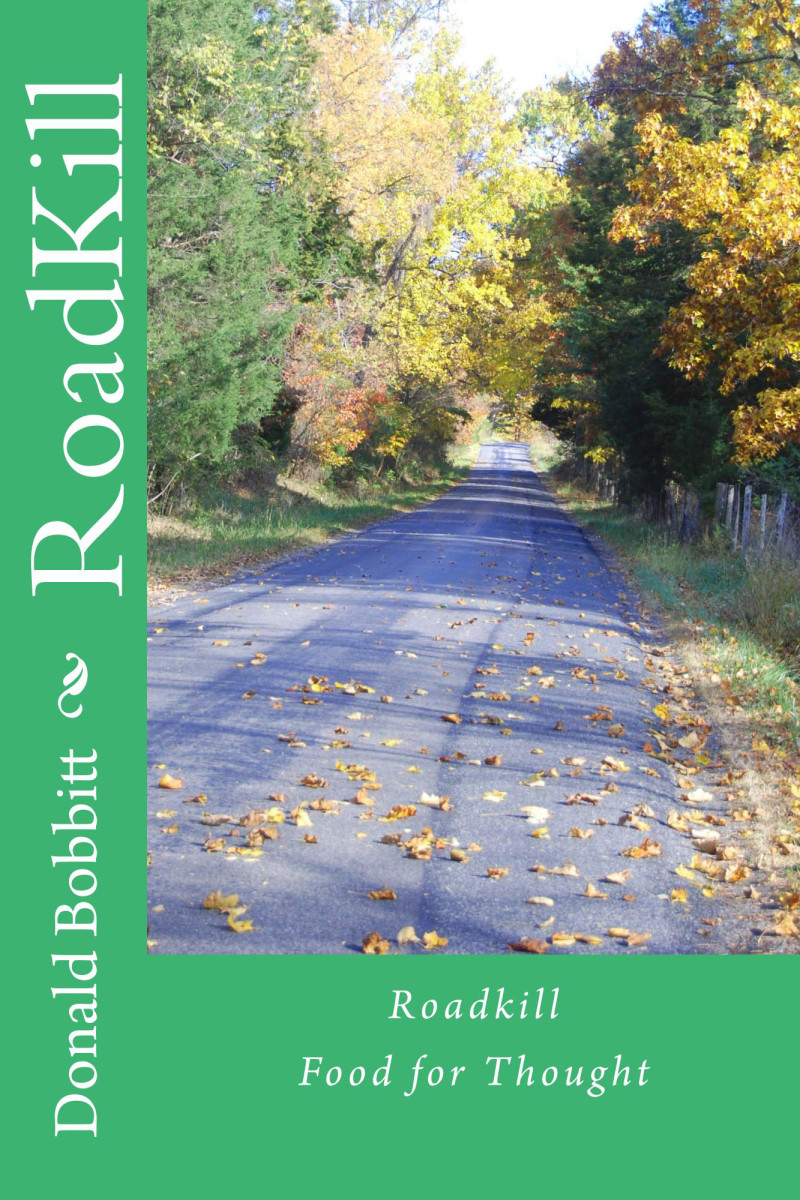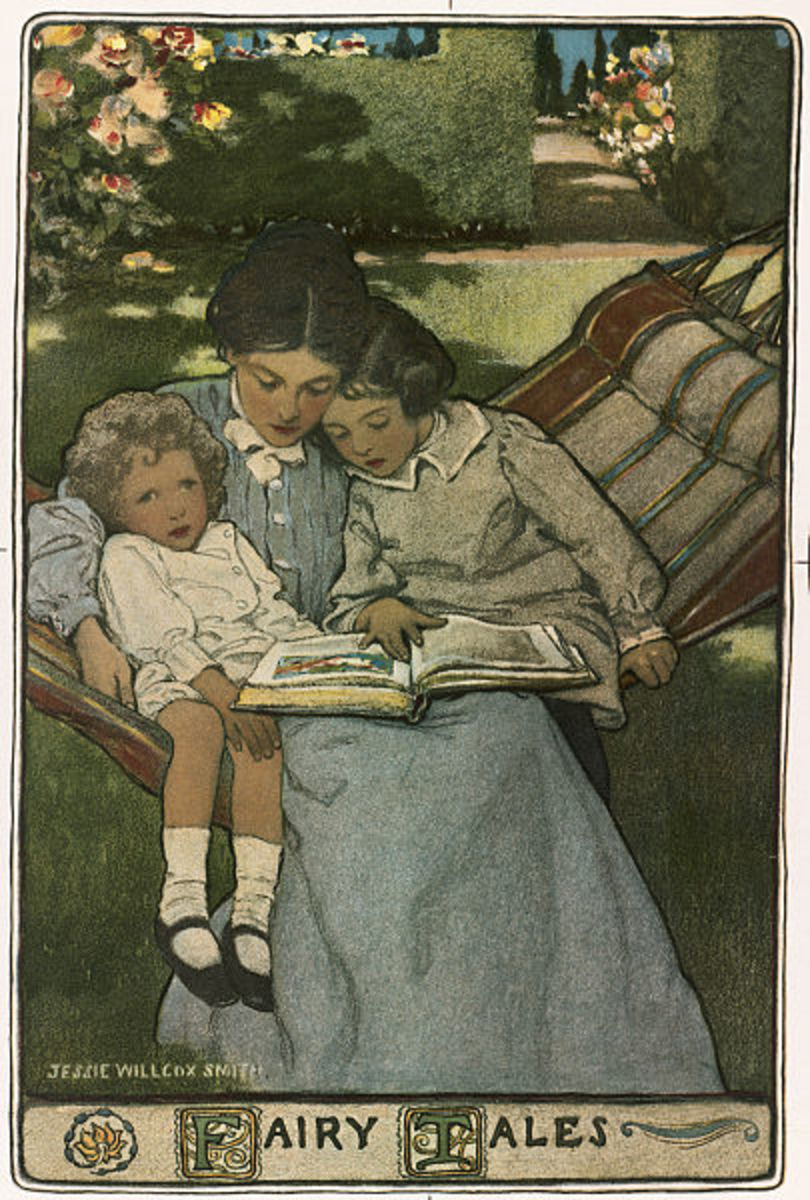Best Books on Personal Philosophy

There are just some books that stick with me. Their wisdom pops up in my consciousness frequently as I go about my life and my business... even though I may have read them months, years or decades ago. I can even see their cover artwork in my mind's eye.
The following books on personal philosophy and more enlightened living are in this elite group. A couple were gifts from friends that made the message all the more special. The others were discovered along my path of self-discovery. But however I came by them, their messages have had a profound impact on my existence.
Your Erroneous Zones by Wayne Dyer
Scene: High school library, mid-1970s. Poster showing the cover for Wayne Dyer's new book, Your Erroneous Zones, hangs on the wall. I'm curious. But being brought up in a world where religious solutions were always sought before the psychological, I just filed the poster image in my memory and moved on.
Fast forward about 20 years...
Scene: Shopping mall used book sale, mid-1990s. There it is again. THAT book cover from the 1970s! Okay, this is a sign. I buy the book for, if I remember right, 25 cents. But that meager investment turned out to be one of the greatest turning points of my adult life.
If only I had read this book 20 years before! Your Erroneous Zones is STILL a psychology classic around four decades later because it deals with the entire cast of erroneous emotional rascals we battle every day: approval seeking, guilt, worry, anger, procrastination and more.
After reading this book, I realized how I could have handled past situations so very differently and more effectively. But as Dyer emphasizes, worrying or feeling bad about the past does nothing to make your present any better. At least I realize how to avoid some of these zones for a more enlightened future.
Though the writing has a definite mid-1970s flavor to it, the advice is just a relevant today.
Pulling Your Own Strings by Wayne Dyer
Quickly after Your Erroneous Zones, Dr. Wayne Dyer wrote Pulling Your Own Strings. Where Your Erroneous Zones concentrated on cleaning up one's inner world, Pulling Your Own Strings concentrates on dealing with others.
Like his previous book, this one also provided me with a better understanding of the difficult dynamics that plague so many personal and work relationships. One of the biggest problems this book addresses is our tendency to adopt a victim role, absolving us of taking responsibility for how we act and react. Though it seems unthinkable that anyone would consciously adopt a victim position in a relationship, Dyer discusses some of the ironic payoffs that we subconsciously seek to feel better about ourselves.
Pulling Your Own Strings has also stood the test of time, being as useful today as it was nearly four decades ago.
Being Zen by Ezra Bayda
Switching gears to a more philosophical, but no less practical, book, Being Zen: Bringing Meditation to Life delves deep into issues of awareness of our actions and thoughts. Frankly, some of it is difficult to handle because it uncovers all the things we'd rather not face. The perspective to be gained from this book can be life changing.
While the discussion of how we keep striving to live a "substitute life" is excellent, it's the poignant stories that really drive the points home. In addition to recounting his own struggles with chronic illness, Bayda discusses his experience working with hospice patients, a scenario that most of us would rather not even think about. Through these stories, one realizes how we are all "skating on thin ice," hoping not to drown in the icy waters of our fragile egos and emotions. There's the woman whose family refuses to accept that she's dying. Then there's the man whose pride, even in his last days, does not allow him to accept help from others. Warning: Get the tissues handy!
The Miracle of Mindfulness by Thich Nhat Hanh
The Miracle of Mindfulness is billed as an introduction to meditation practice. However, I think it more appropriately should be billed as a guide to more mindful living.
One of the most memorable lessons for me was when you wash the dishes, wash the dishes. While I'm more than happy to let my automatic dishwasher handle the dish washing task, I understand what he meant. When you are doing anything, put your whole attention on what you are doing.
With today's overwhelming level of distractions, and our false belief that we can multitask everything, this is much needed advice.
Finding Your Way in a Wild New World by Martha Beck
A new book in 2012, Finding Your Way in a Wild New World: Reclaim Your True Nature to Create the Life You Want is probably the most "out there" selection of the group. Beck delves deep into the process of manifesting in one's life. While I have to admit a bit of doubt when it comes to the whole manifesting thing (which might be a problem in itself), the very fact that an old friend reconnected with me after years and had this book in hand as a gift when we met might give me reason to reconsider my stance. Actually, I found the exercises in the book to be quite thought provoking and helpful in clarifying goals and discovering happy coincidences.
One of the other things that I loved about the book was Beck's story of her life and experiences at Londolozi game reserve in Africa. It's difficult not to get wrapped up in her accounts of encounters with wild animals that most of us could only dream about. She also has quite a good sense of humor which makes for an enjoyable read.
The Dip by Seth Godin
Seth Godin is one of my favorite business authors. But his blog, surprisingly, is filled with practical philosophical insights that I frequently print and save. Though most of his books focus on some aspect of marketing and business, The Dip is a refreshing little book (less than 90 pages) that offers thoughts for when we're stuck in the dips of life and wondering whether to quit or stick.
When Things Fall Apart by Pema Chodron
If you're going through a difficult time, When Things Fall Apart: Heart Advice for Difficult Times by American Buddhist nun, Pema Chödrön, would be a book to pick up. I know I have now and again over the years.
However, don't expect an "everything's going to be okay" reassurance! Rather, Chödrön discusses how to be comfortable with being uncomfortable in the face of uncertainty and troubling emotions and circumstances.
While some of the references to various Buddhist practices can be confusing at times, her overall message comes through clearly. So don't get stuck on those passages.
My Inspiration...
After reading these awesome books and others like them, I was inspired to share some of my adventures in pursuing enlightenment in my book, "Looking" Questions: 31 Questions that Can Change Your Business and Your Life. Hope you'll find these exercises helpful on your journey, too.
This content is accurate and true to the best of the author’s knowledge and is not meant to substitute for formal and individualized advice from a qualified professional.
© 2014 Heidi Thorne








